Another hot Fourth of July. Here in Washington, D.C., the gay community is cheering the enormous victories for gays rights, especially marriage equality and the Supreme Court decision. So much progress.
And yet over an eight-day period, two transgender women were shot and wounded, two more stabbed, and another violently assaulted. One stabbing victim was cut or stabbed 40 times before managing to run for help and collapsing in the street.
The assault is especially worrisome for me, since it took place at a 24-hour take-out pizza place on my corner. When I go by on my 5 a.m. morning runs, I always considered it a safe oasis in the dark if someone tried to mug me. Maybe not.
A drag performer who stopped in at 3 a.m. from a nearby bar was assaulted by two women who called him a "tranny" and "f****t" as they slapped, beat, and punched him and pulled out his hair.
Employees stood around watching, not bothering to intervene or call the police. A half dozen young male bystanders cheered. One put up a video of the incident on YouTube for its entertainment value: what could be more fun than watching a diminutive drag queen get tuned up by two violent women?
It was reminiscent of the brutal beating last year of Chrissy Lee Pollis by two enraged women at a suburban Maryland McDonald's not far from here. That was also filmed by an employee who also declined to intervene as Pollis was pummeled into having a seizure.
And we're not halfway through the summer.
In 2006, GenderPAC issued a landmark human rights report -- 50 Under 30: Masculinity & the War on America's Youth -- documenting a silent tide of violence that had claimed the lives of more than 50 transpeople age 30 and under from 1996 to 2006. Apparently that tide hasn't gone out yet, and continues lapping at the shores here in our nation's capital. The victims were overwhelmingly young, male-to-female, low-income, and black.
For reasons no one understands completely, D.C., is and remains the epicenter of transgender violence. Over the decade we studied, Washington, D.C., had more victims (6) than the entire states of New York (3), New Jersey (2) and Connecticut (1) combined, and about as many as Texas (6) and California (7).
Think about that for a moment. Texas has 26 million citizens; California has 38 million; New York, New Jersey, and Connecticut about 32 million total. The District of Columbia has just 600,000.
That means the rate of violent assaults in Washington, D.C., is about 50 times higher than in any other jurisdiction.
Put another way, if New York, New Jersey, and Connecticut had our rate of violence, over the 10 year period, they would have seen 320 victims. That's just under one new murder a week. Every week. For 10 years.
Yes, it's a small sample. But if you're transgender, particularly if you're young, black, and male-to-female, the latest gay rights advances may seem less important that just to be able to live and walk down your block and not get beaten.
It may be only a couple miles from the Supreme Court to Anacostia (where at least one high-profile anti-trans attack occurred) but it might as well be light-years if you're young and trans.
In Chinatown last year, Ahmad Robinson allegedly asked a transgender woman, ''Are you a bitch or n*gga?'' When she replied, ''What the fuck does it look like?'' Robinson allegedly cried, ''Motherfucka, you got a dick," and then assaulted her.
Hatred like that will be hard to change. It will take a lot of resources, none of which will come in a courtroom or at the ballot box.
As our big national LGBT organizations and philanthropic institutions increasingly devote their attention and money to high profile successes like marriage equality and movement buildng, here in D.C., trans youth of color continue dying. At the highest levels, their passing is not noticed -- neither gay organizations nor gay funders prioritize the violence that is ending their young lives.
As waves of hard-earned progress are rolling over the LGBT community, our most vulnerable kids -- low-income, female, of color -- are quietly being left behind.
RIKI WILCHINS is an activist, stand-up comedian, and the author of Read My Lips.

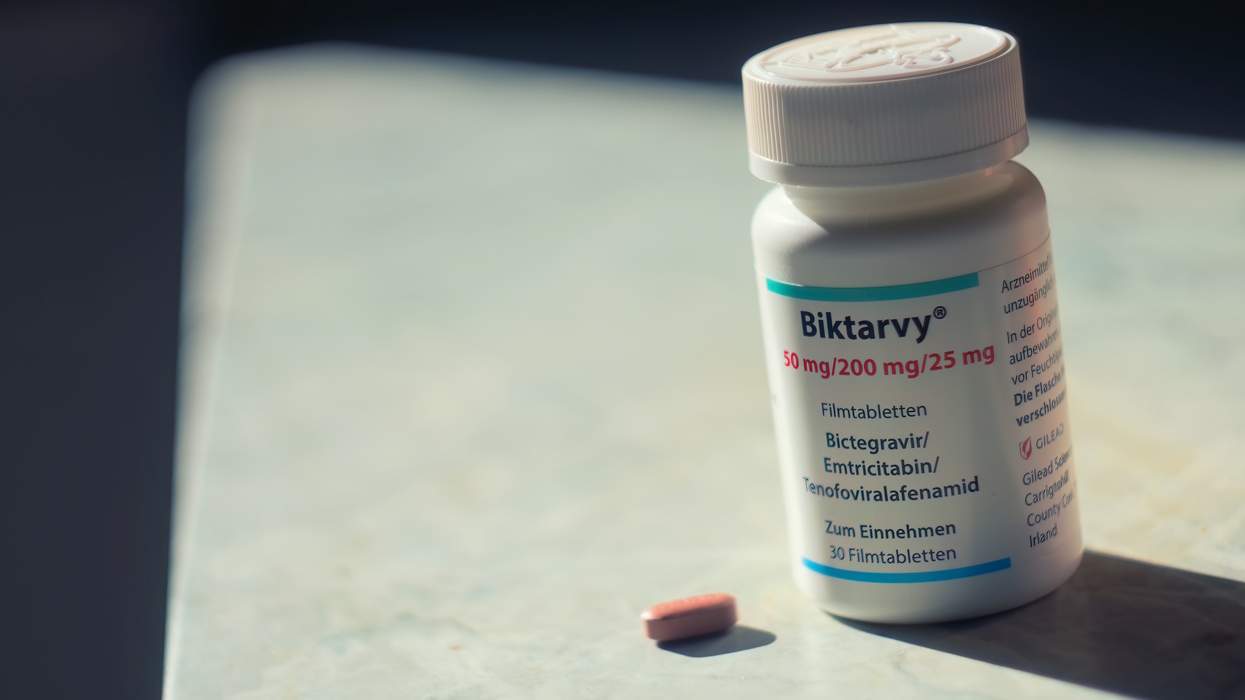

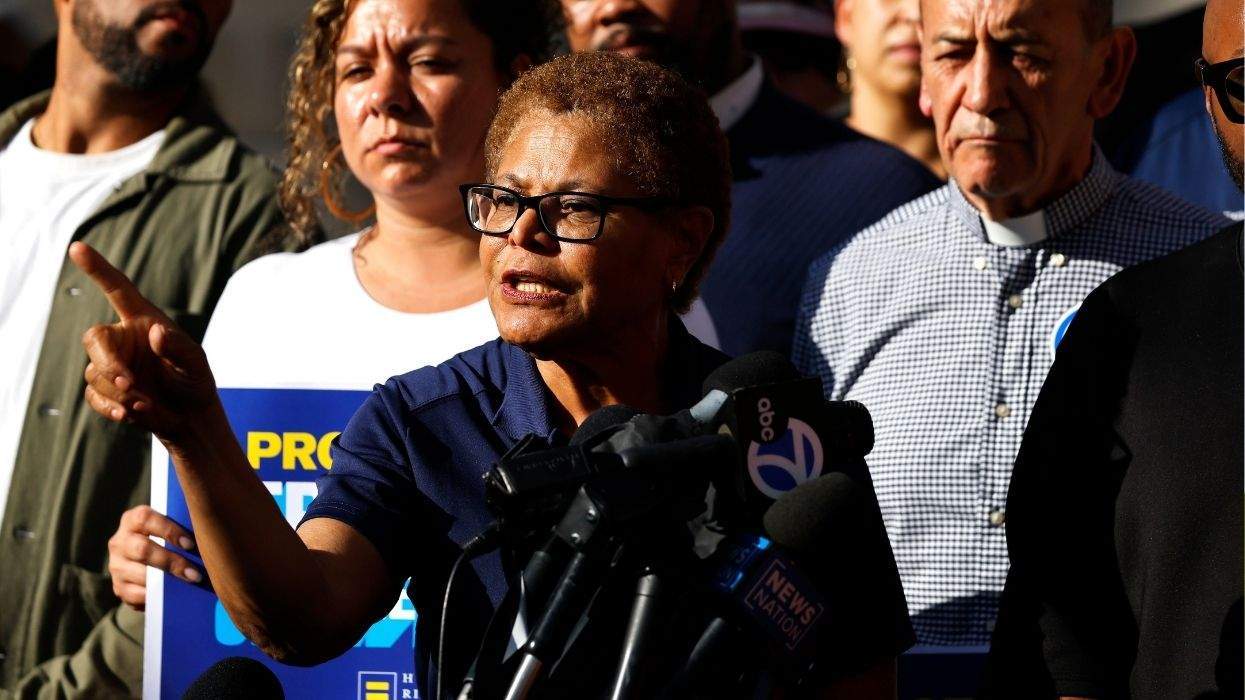



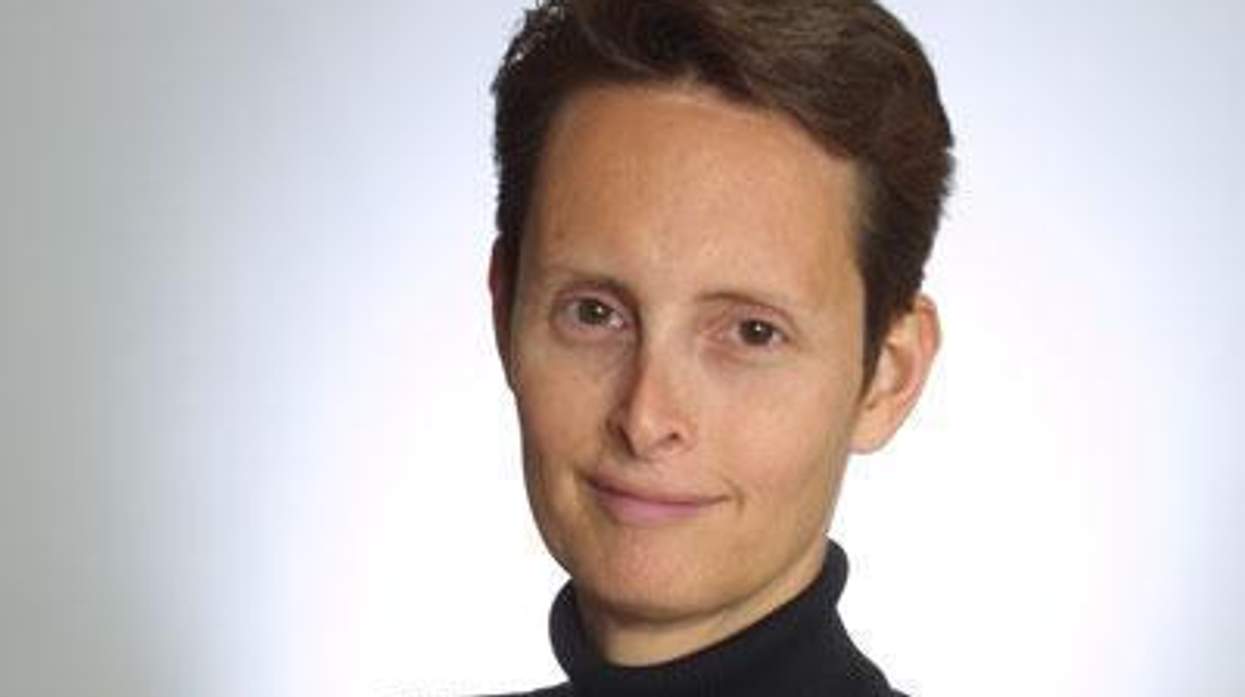
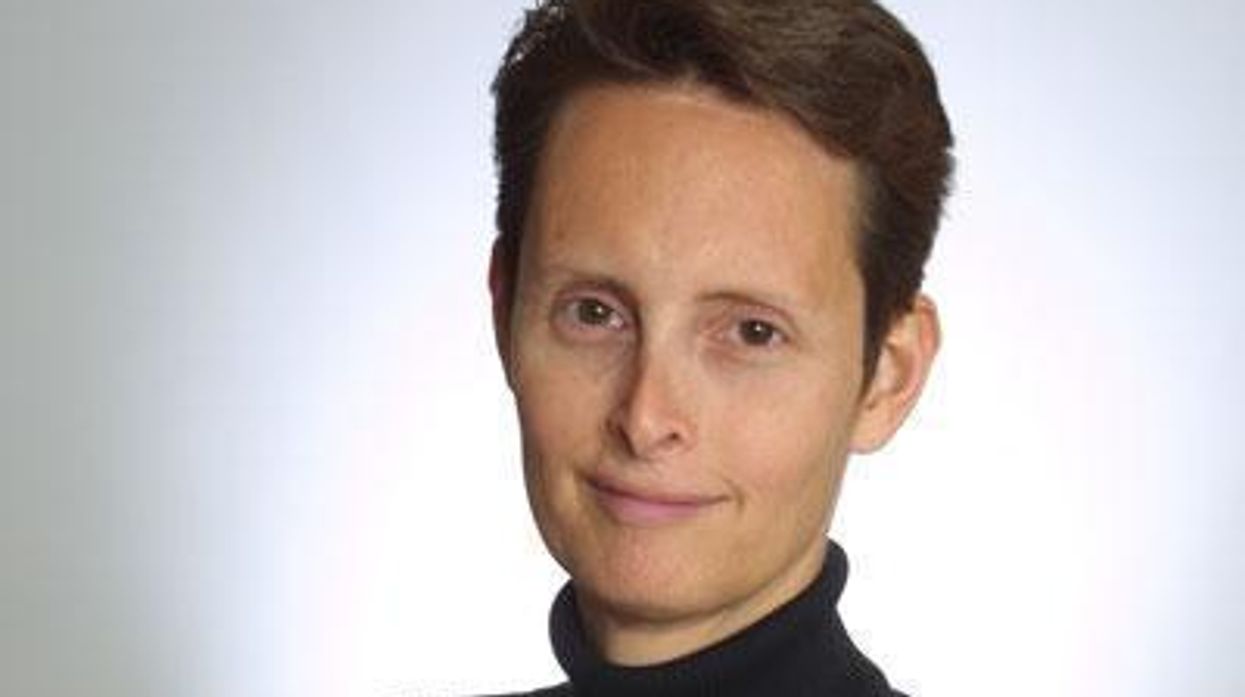
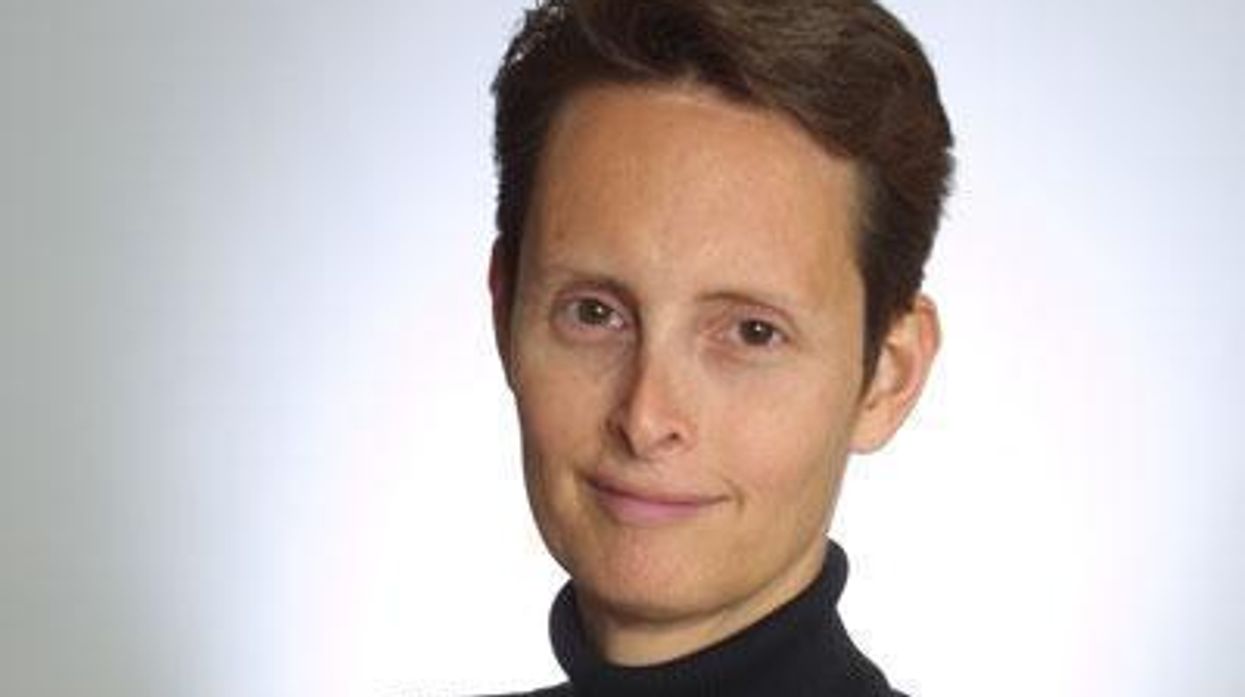


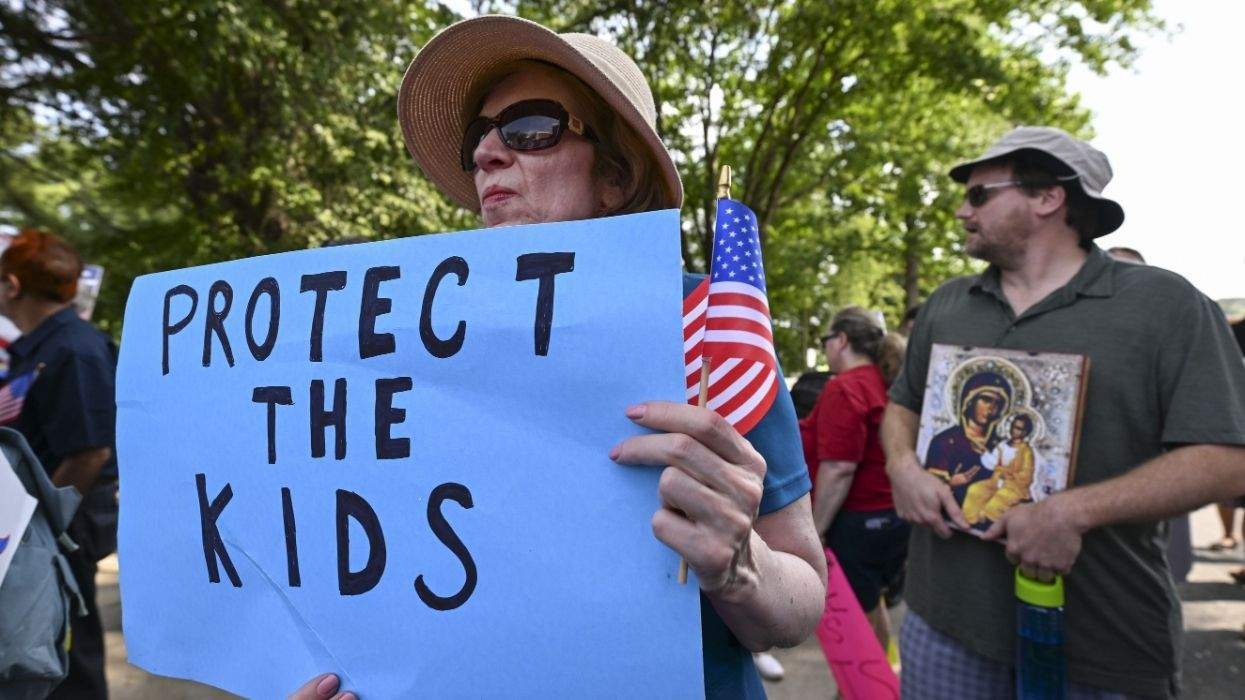
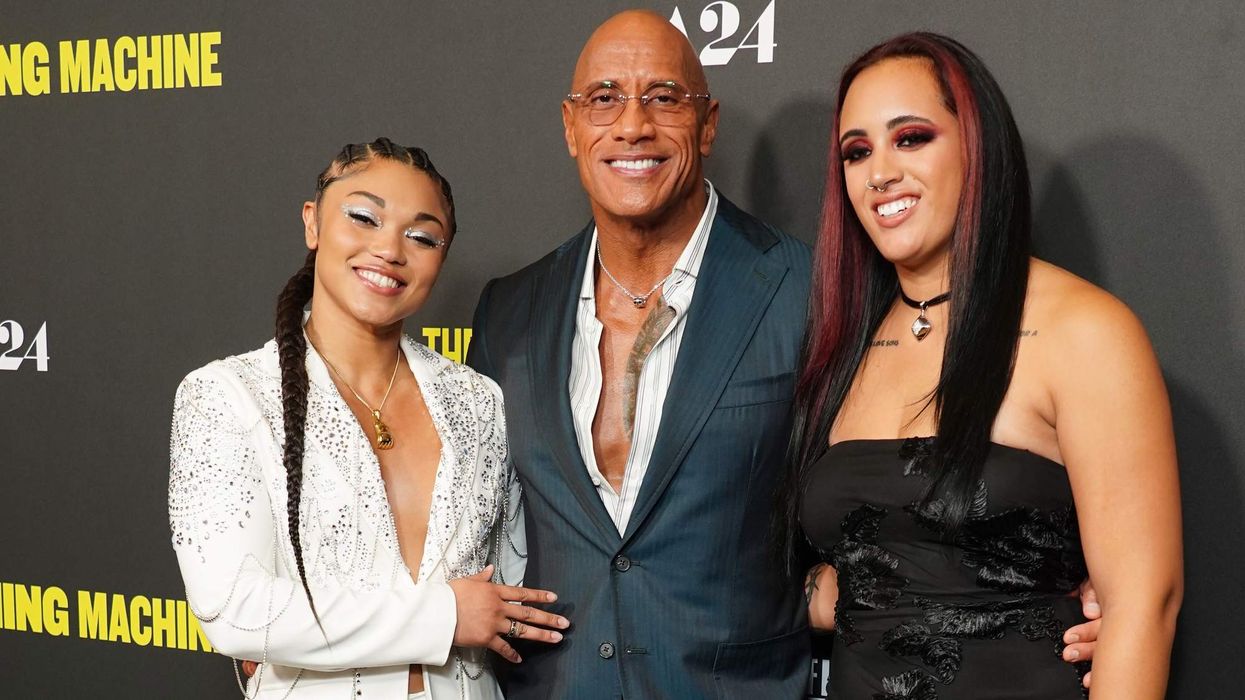
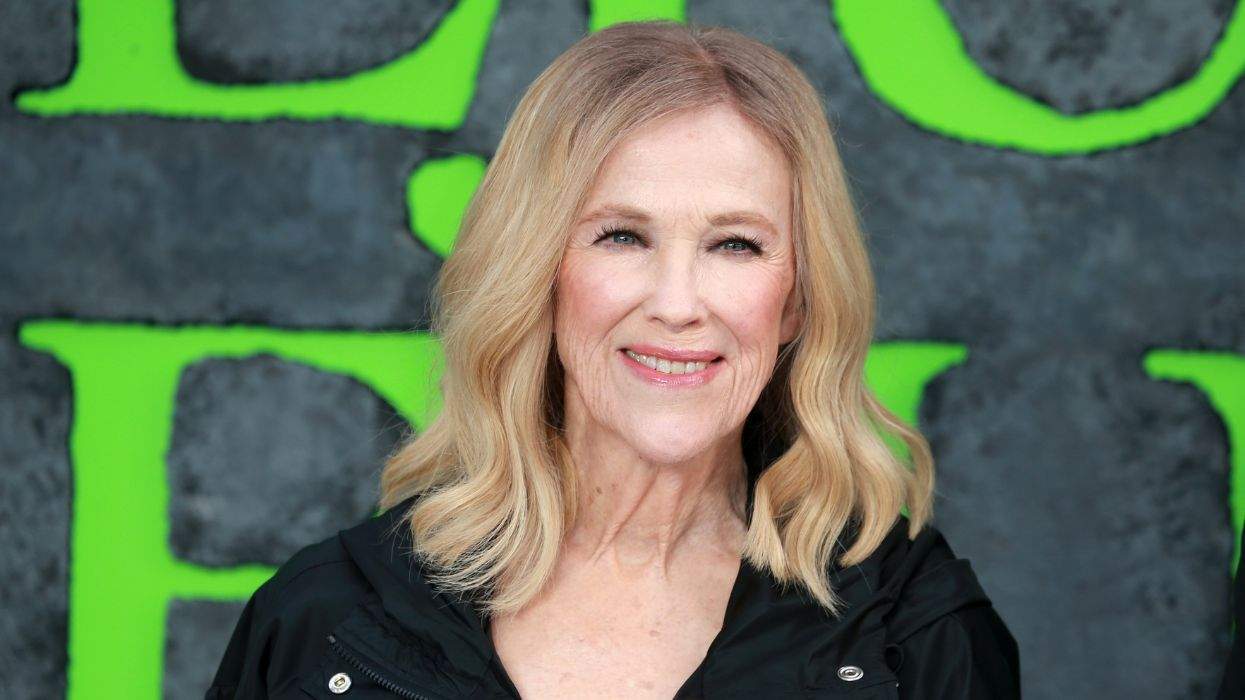
Charlie Kirk DID say stoning gay people was the 'perfect law' — and these other heinous quotes
These are some of his worst comments about LGBTQ+ people made by Charlie Kirk.